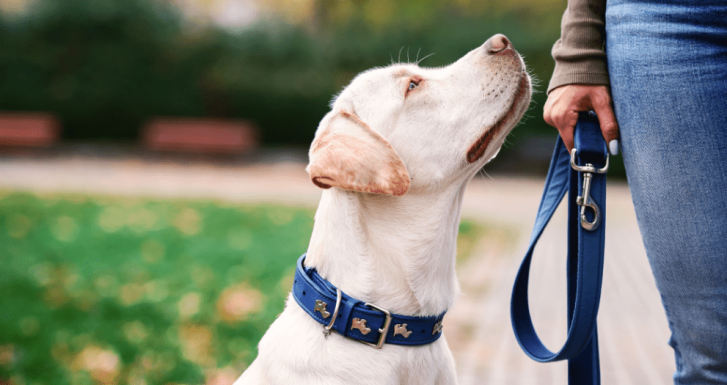
David Adams Gardner
David Gardner has successfully represented victims of animal-related injuries throughout New Jersey. With extensive experience handling homeowner’s insurance disputes and personal injury claims, he understands how to:
- Hold negligent dog owners accountable for injuries caused by their pets.
- Challenge unfair insurance denials and secure full compensation for victims.
- Advocate for injured clients facing long-term medical treatment, scarring, or emotional trauma from dog attacks.
Contact David Gardner for Legal Assistance
If you or a loved one has suffered a dog bite injury, it is crucial to seek legal representation immediately. Strict liability laws are in your favor, but insurance companies may attempt to minimize your claim.
Understanding Dog Bite Liability in New Jersey
New Jersey’s Strict Liability Law for Dog Bites
New Jersey has a strict liability law for dog bites under N.J.S.A. 4:19-16, meaning that dog owners are automatically liable if their dog bites someone, regardless of whether the dog has shown aggression in the past or whether the owner was negligent. Unlike some states that require proof of the owner’s knowledge of the dog’s dangerous tendencies, New Jersey law holds owners accountable for all dog bite incidents.

Dog Bite Liability Applies On and Off the Owner’s Property
One of the most critical aspects of New Jersey’s dog bite law is that it applies regardless of location:
- If a dog bites someone on the owner’s property, the owner is liable.
- If a dog escapes and bites someone in a public place or on another person’s property, the owner is still fully responsible.
- The victim does not need to prove negligence, only that they were legally present when the bite occurred.
Homeowner’s Insurance and Dog Bite Claims
Most homeowner’s insurance policies in New Jersey cover dog bite claims, including bites that occur off the insured property. However, there are important limitations:
- Some insurance policies exclude coverage for dog bites, particularly for breeds considered “high-risk” (e.g., pit bulls, Rottweilers).
- If the dog has a history of aggression, the insurance company may deny coverage or impose higher premiums.
- If the dog was running loose due to the owner’s violation of local leash laws, the insurer may dispute coverage.
When Homeowner’s Insurance May Not Apply
While many policies cover dog bite claims, there are situations where coverage may be denied:
- Breed restrictions: Some policies exclude specific breeds from liability coverage.
- Policy exclusions for off-premises attacks: Some insurers may deny coverage if the bite occurs away from the home.
- Negligence in securing the dog: If an owner is found grossly negligent (e.g., repeatedly allowing a dangerous dog to roam free), coverage may be contested.

Legal Defenses in Dog Bite Cases
While New Jersey has a strict liability rule, there are limited defenses that dog owners may raise, including:
- Trespassing: If the injured party was unlawfully on the owner’s property when the bite occurred, the owner may not be liable.
- Provocation: If the victim provoked the dog (e.g., teasing, hitting), the owner may argue that the bite was a justified reaction.
- Police and Military Dogs: If the bite occurred while a law enforcement or military dog was performing its duties, the owner may not be held liable.
Other Injuries Caused by Dogs
Beyond bites, dog-related injuries (such as a dog knocking someone over or causing an accident) may lead to negligence-based claims rather than strict liability claims. In such cases, victims must prove that the owner failed to properly restrain or control the dog, leading to injury.
Steps to Take After a Dog Bite
If you are bitten by a dog in New Jersey, you should:
- Seek medical attention immediately – Dog bites can cause serious infections and long-term scarring.
- Report the incident – File a report with local animal control or law enforcement.
- Identify the dog and owner – Obtain the owner’s contact information and verify if the dog has rabies vaccinations.
- Document the injury – Take photos of the bite, medical records, and witness statements.
- Contact an attorney – A personal injury lawyer can help determine insurance coverage and pursue compensation for medical bills, lost wages, and pain and suffering.